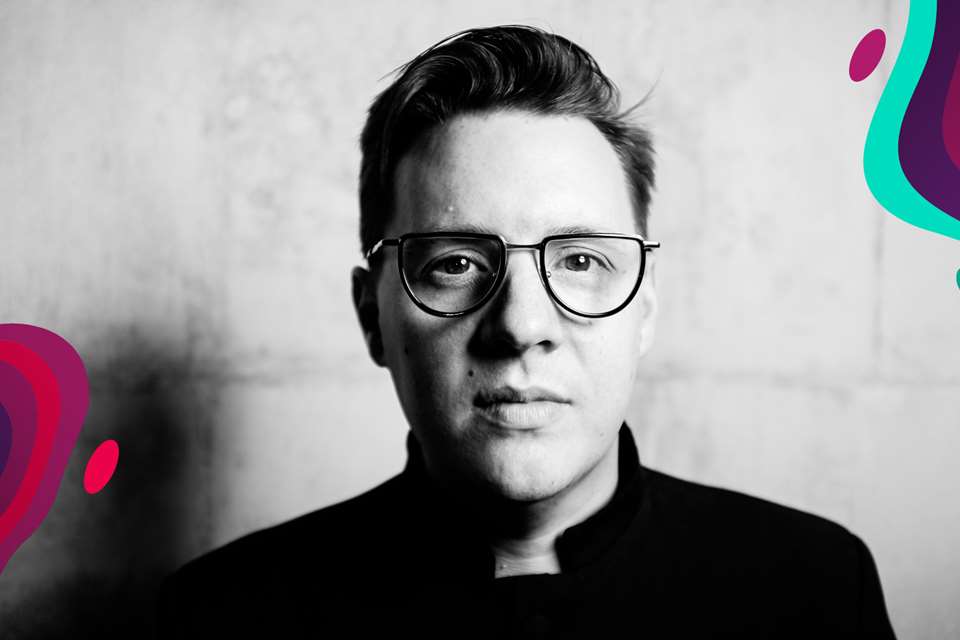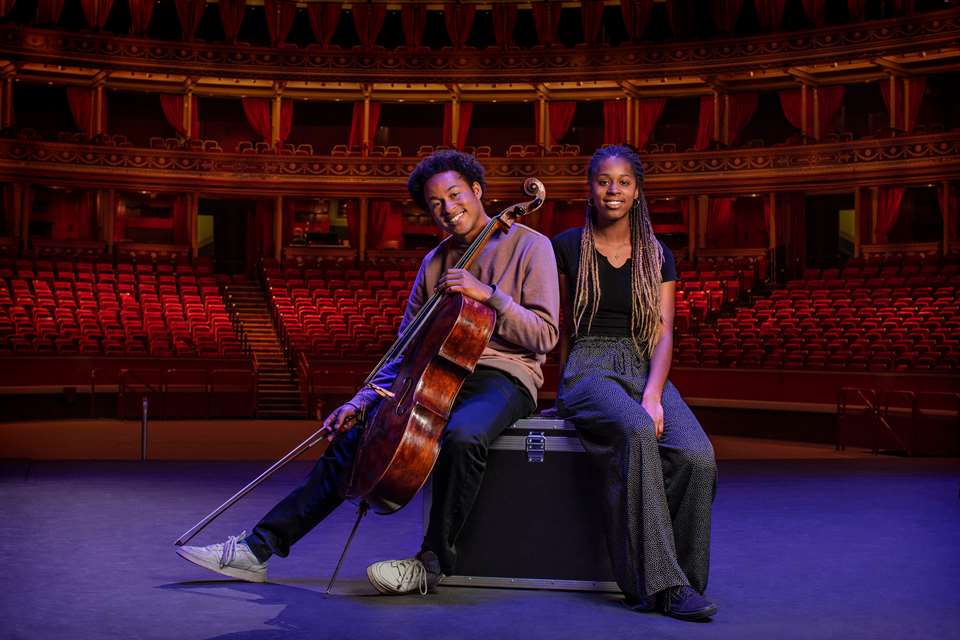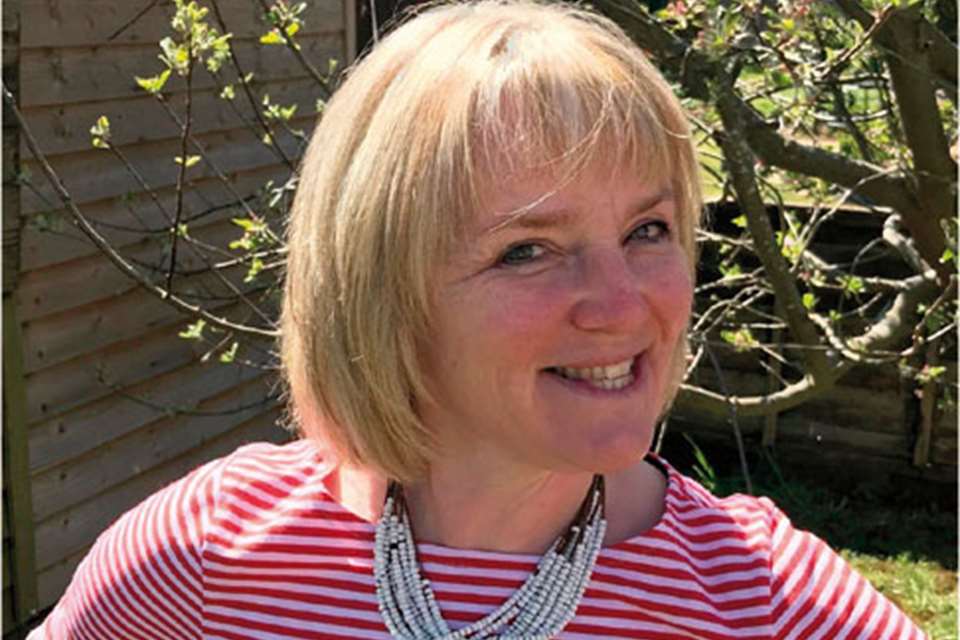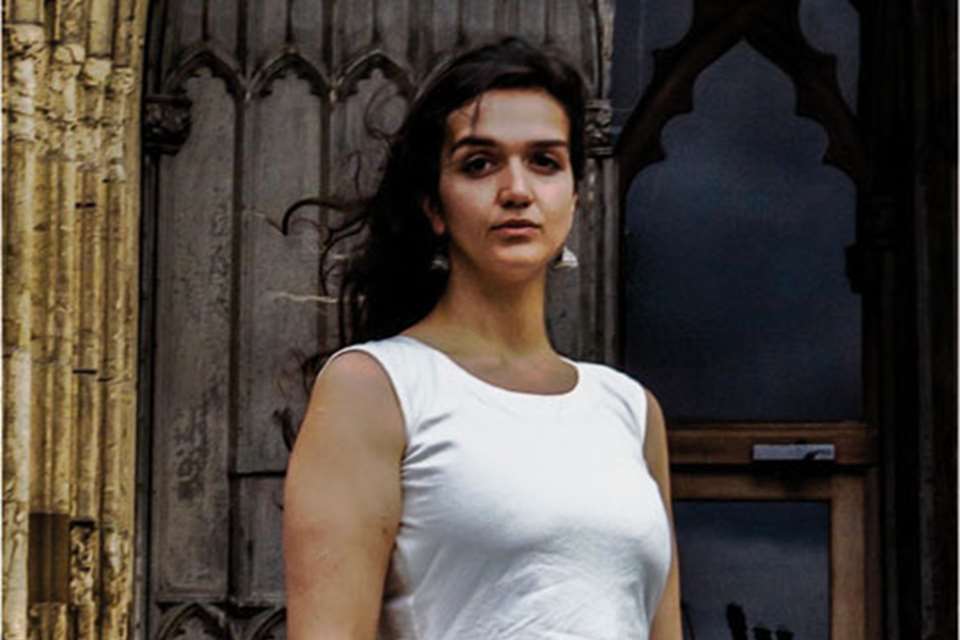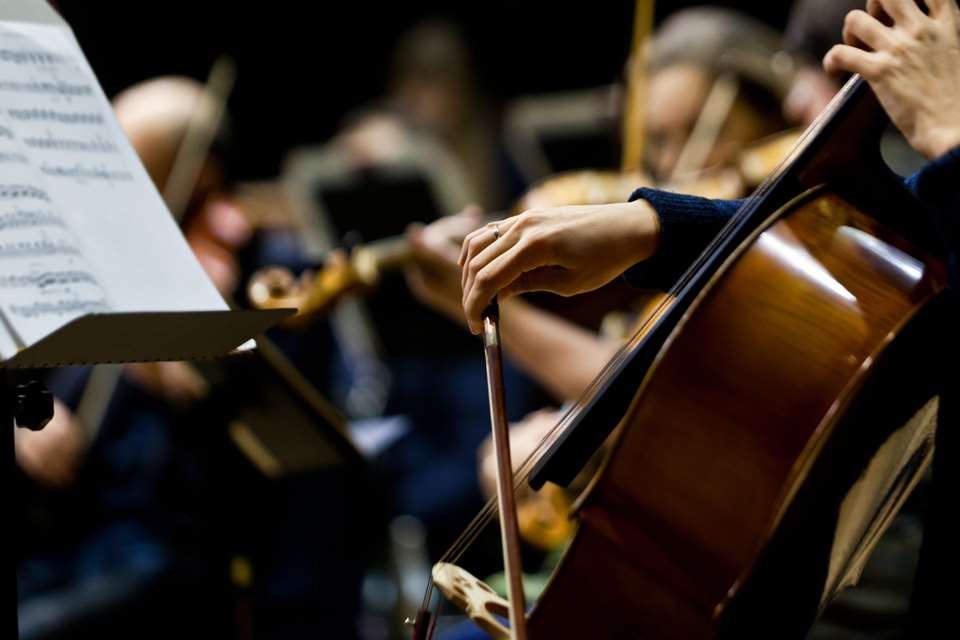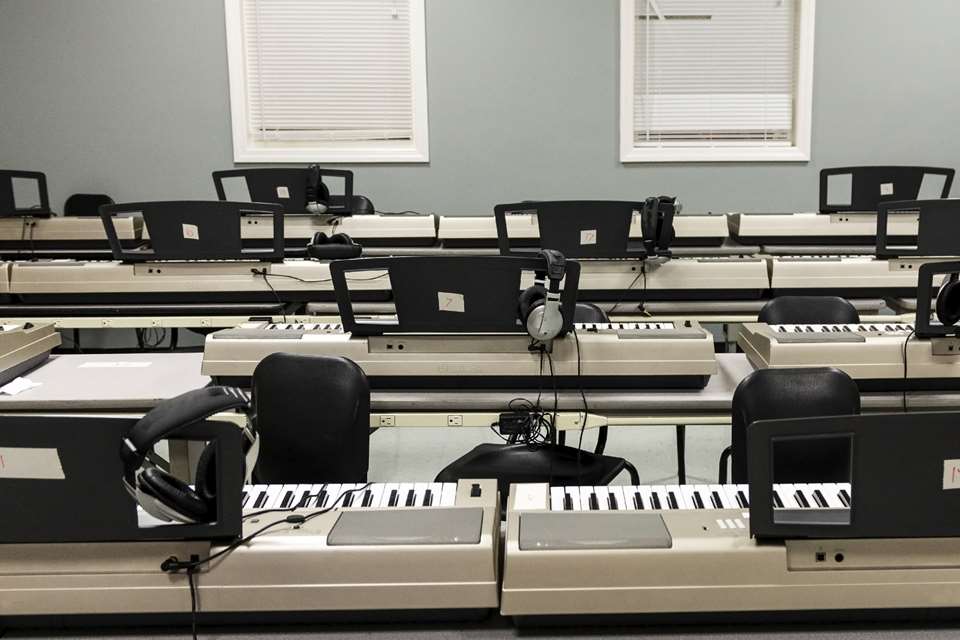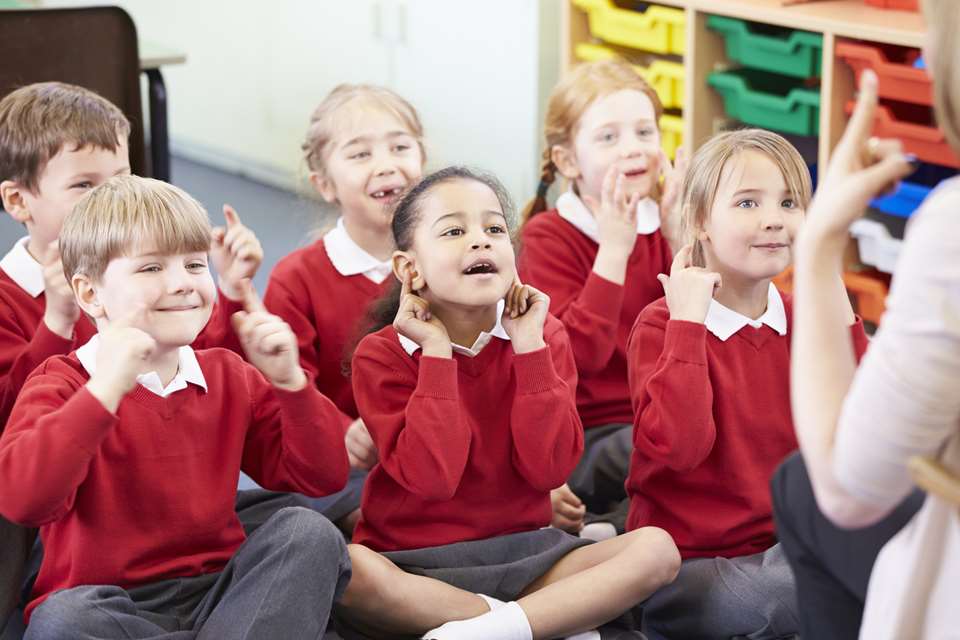Opinion: The Proms could learn a thing or two from the Olympics
Emily Gunton
Friday, October 1, 2021
Two globally renowned events took place over the summer, both celebrating talented individuals at the top of their game. But Emily Gunton believes that one is lagging significantly behind the other when it comes to appealing to younger audiences.
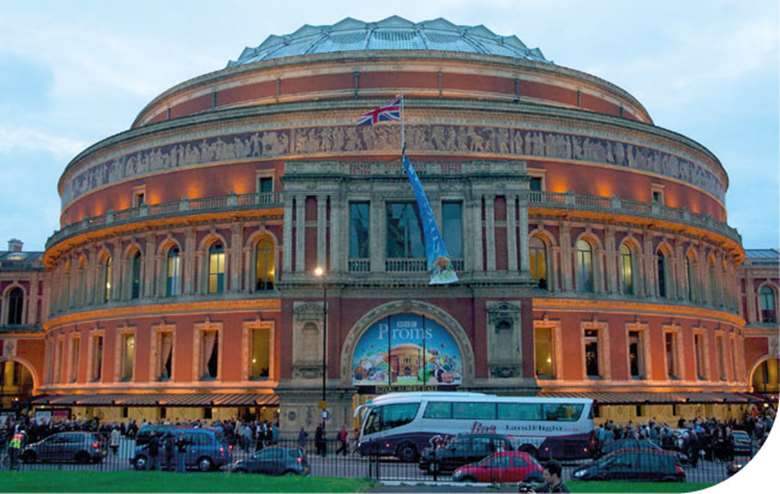
Wiki Commons/ Paul Hudson
With a distinct lack of sunshine this summer, one of the highlights has been the delayed Tokyo 2020 Olympic Games. Despite the time difference between the UK and Japan, I managed a good daily dose of Olympic coverage.
As a self-confessed lover of sleep, I was willing to sacrifice it all to watch sport. However, I have to admit that my love of watching sport is more of a quadrennial fling, which makes my summer obsession all the more incredible. The Olympic sports on offer are often quirky, with strange rules and regulations. Thankfully, Alexa has been on hand to help me understand the Keirin (cycling) and the intricacies of an ‘ollie’ – a 180-degree board and body turn either backside or frontside on the skateboard.
What was apparent this year was that the International Olympic Committee (IOC) had upped their game and moved with the times. Worried about ageing TV audiences and gender equality, they added four new youth-orientated sports: karate, surfing, climbing and skateboarding, while reintroducing men's baseball and women's softball. They also added another 18 events. The (since resigned) president of the Tokyo organising committee Yoshiro Mori said, ‘The inclusion of the package of new sports will afford young athletes the chance of a lifetime to realise their dreams of competing in the Olympic Games – the world's greatest sporting stage – and inspire them to achieve their best, both in sport and in life.’ The IOC didn't simply stick to the format of the first modern Games. They diversified, with youth at the campaign's heart.
After an exciting week of sporting action, the BBC Proms began. Instantly, I was struck by the lack of youth appeal. Founded in 1895, just a year before the first modern Olympics, it felt as if it were stuck in a time-warp. If you are appealing to the young, you need to show accessibility. Team GB's 13-year-old skateboarder Sky Brown won a bronze medal. The Japanese gold medallist in the same discipline was only 12. It inspires children watching that you can begin your Olympic dream with a £12 skateboard.
When looking for the musical equivalent of skateboarding, we need to look at genres of music that are accessible to young people. Pop music is the most popular genre globally. Yet, when looking at the programming for the BBC Proms, Moses Sumney and jazz saxophonist and composer Nubya Garcia were the only artists my teens would be interested in. Rap and hip-hop are also in the top five, yet they fail to make the cut. Thanks to endless funding cuts and a continuing decline in numbers taking GCSE and A Level Music, we need to ensure music remains accessible. Fortunately, YouTube and its library of videos helps by allowing you to learn a few guitar chords without the huge financial commitment of private lessons.
The Proms also needs more performances by young people. Thank goodness for the Kanneh-Mason family spearheading the Family Prom, and it is always a treat to see the National Youth Orchestra showcasing up-and-coming talent. But I have to ask, where are the other inspirational young musicians? Surely there is a place for the National Children's Orchestra or the National Youth Jazz Orchestra to have some airtime. There is truth in the saying: if you see it, you can believe it. Maybe the BBC could showcase a Youth Proms similar to the Youth Games organised by the IOC?
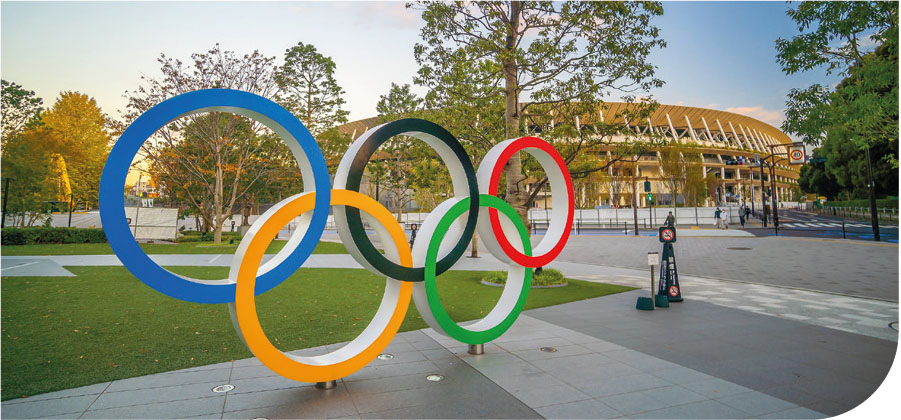 © Adobe Stock/ F11 Photo
© Adobe Stock/ F11 Photo
The new national stadium for the Tokyo Olympic Games 2020
The Olympics, at last, represents a greater gender balance, with 48.8 per cent participation from women in Tokyo. Yet, as I tuned into the Proms, I had to wait until the fourth night – yes, fourth – to hear the music of a female composer. On the opening night, distraught that I was subjected to an evening of music solely by white men, yet jubilant that I was watching the brilliant Dalia Stasevska (yes, female conductors are still a novelty), I embarked on a new game: ‘Where are the women in the brass and percussion sections?’ The lack of women in the back rows of the BBC Symphony Orchestra was disheartening. Henry Wood introduced women to his orchestra in 1913. Progress has been slow.
The IOC has been bold by adding a range of new sports to appeal to younger audiences. Is it not time for the BBC Proms to broaden the genres of music on offer to safeguard the future of the Proms? Henry Wood's vision was to ‘provide the best-quality classical music available to the widest possible audience’. The ancient Greeks initially held the Olympic games in honour of Zeus, the king of the gods. And as times change, so does the vision.


